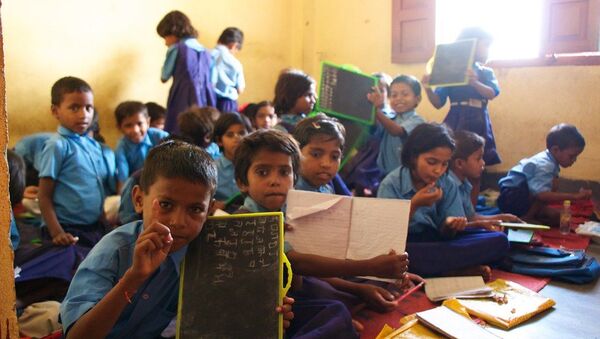Indian Prime Minister Narendra Modi on Friday said the newly-presented National Education Policy would reform the country’s education system according to its national values and goals. Here are some of the highlights of Modi’s address on ‘Transformational Reforms in Higher Education.’
- The National Education Policy (NEP) would enable the education system to be future-ready. It would lay the foundation for a 21st Century India, the kind of education Indian youth require, like skill education.
- The NEP would make India strong to take to new heights of development, to empower Indian citizens to have more attractive opportunities.
- The Indian education system remained stagnant for a long time. Instead of promoting values of curiosity and imagination, it supported a herd-mentality.
- The NEP, unlike the earlier system, would take into consideration the interests of each individual, and her ability and would be based on demand-mapping.
- It would help individuals to develop innovative and critical thinking. Its main purpose is not just to give knowledge but to build a foundation for life.
- The curriculum in the NEP would make Indian students "a global citizen but connected with their roots too".
Modi said that every student should get an opportunity to follow their passion and should be able to pursue any degree or course and could dip in and out according to their convenience and requirement without any loss of credits.
The National Education Policy 2020, unveiled on 29 July, provides for education with practical knowledge. It recommends bringing back outliers into the system, but also identifying gifted children early on. The multi-disciplinary approach aims to ensure that at the time of leaving school, each student will be qualified in a particular vocational skill.




